President of the Number 1 Small Think Tank in the World Explains the Evolution of the Satell Institute, CSR & Its Importance
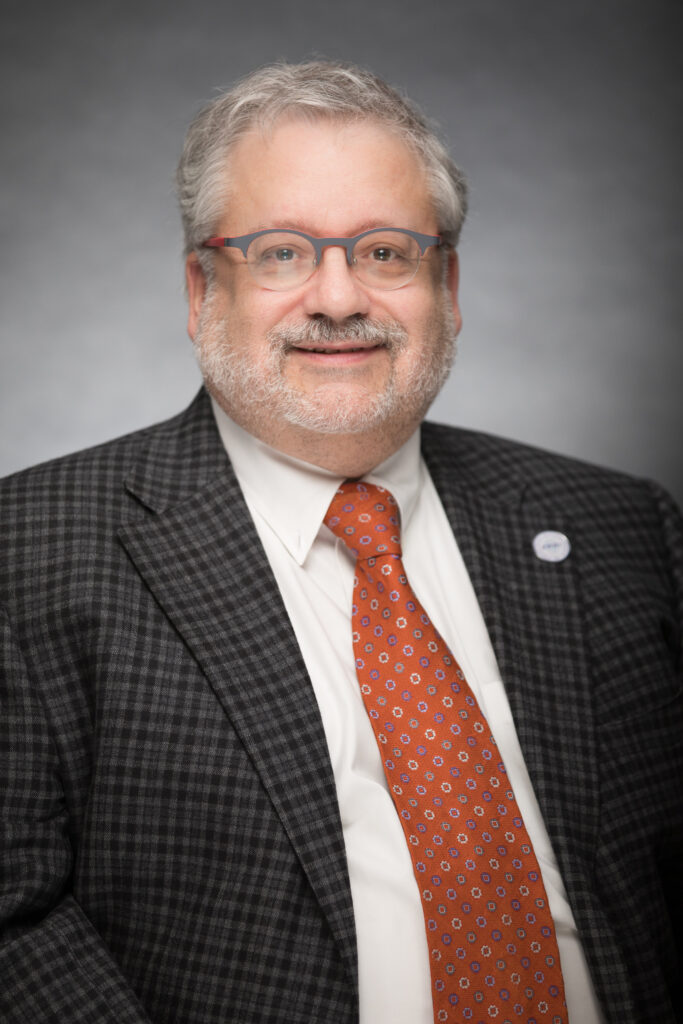
Alan Luxenberg is President of the Foreign Policy Research Institute (FPRI), a think tank devoted to bringing the insights of scholarship to bear on the development of policies that advance U.S. national interests. Think tanks like the FPRI are crucial for establishing an informed citizenry in our country, and the concept for the Satell Institute was derived from the mixture of a think tank’s capacity to educate and Ed Satell’s own vision of promoting action – i.e. a “do” tank. We spoke with Alan about this genesis and how the Satell Institute has evolved over the years.
CEO of Nonprofit Believes in Supporting CSR Because “Institutions Don’t Have Needs; People Have Needs”

Doug Tieman, A FOUNDING BOARD MEMBER OF THE SATELL INSTITUTE, is the President & CEO of the Caron Foundation, a nonprofit organization that operates drug and alcohol residential treatment centers. He’s also a bestselling author whose book “Flying Over The Pigpen: Leadership Lessons From Growing Up On The Farm” won praise from business leaders across the world and landed him on major newsprograms and talk shows.
The organization he’s headed since 1995 raises more money for substance abuse research, training and innovation to help those with addiction issues than any other similar nonprofit in the country – $15 million last year alone. how do they do it? We spoke with Doug to find out.
DuPont Executive (and Satell Institute Board Member) Views CSR as a Way to “Systemically Raise All of the People Up”

Henri Moore is a busy woman. She is Global Leader of the Center of Philanthropy and Education at DuPont, the Wilmington-based global leader in Agriculture, Materials Science and Specialty Products. Her title alone can hardly be said in one breath, let alone her responsibilities within the company. We had the opportunity to speak with Henri about DuPont’s commitment to corporate social responsibility (CSR) and how that translates locally and across the world.
JP Morgan Managing Director Says Joining The Satell Institute & Engaging in CSR is “All Upside”
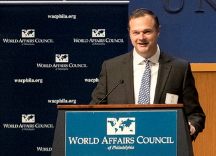
When it comes to practicing corporate social responsibility (CSR), financial services company (and new Satell Institute member) JP Morgan actively demonstrates their support by budgeting $1.75 billion globally to deploy over the next five years in communities they serve. They even have their own internal CSR team solely dedicated to managing these efforts, and their philanthropic goals are intrinsically linked to their corporate ones. We spoke with John Emery, Managing Director and Chairman of JP Morgan’s corporate leadership team in Philadelphia, to hear about the evolution of their CSR work.
CEO of Major Healthcare Provider in PA & DE Joins Satell Institute Adding to the Collective Force for Good across the Region
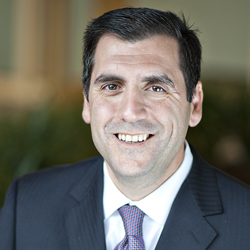
UnitedHealthcare (UHC) is a global healthcare provider, and also a new member of the Satell Institute. Dan Tropeano is CEO of UHC in Pennsylvania & Delaware and approaches corporate social responsibility (CSR) with somewhat of a business mindset – except instead of a financial return, he expects results on issues in the community. We spoke with Dan about civic responsibility, why he was motivated to join the Satell Institute and why the work of CSR is often its own reward.
“You Can’t Be Casual with Your CSR Commitment” Says CEO of Highly-Successful Healthcare Company & New Satell Institute Member
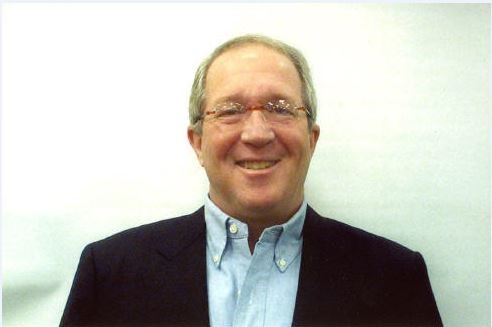
Brian Effron is CEO of Healthcare Administrative Partners (HAP), a leading provider of healthcare revenue cycle and coding services. A longtime leader in the philanthropic community, Brian offers his feelings on corporate social responsibility (CSR), the importance of funding the arts and why he is excited for the future of Philadelphia.
How the Most-Visited Museum in Philadelphia Created “Win-Win” Nonprofit/For-Profit CSR Partnerships that Benefit All
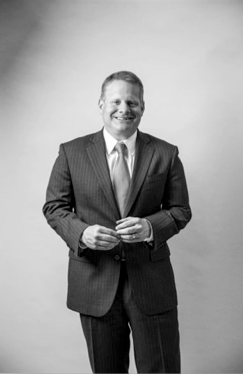
Larry Dubinski is President and CEO of the highly successful Franklin Institute, the most-visited museum in the Commonwealth of Pennsylvania and a top-five tourist destination in Philadelphia. With more than 925,000 visitors passing through its doors last year alone, part of Dubinski’s responsibility is aligning with the right business partners to help sustain the museum’s influential science and technology educational programs. We asked Dubinski about the successful link between corporate social responsibility (CSR) and non-profit/for-profit partnerships.
Why the Philadelphia Flyers Joined a Collective Force of Businesses and Non-Profits for the Greater Good

Linda Mantai is Vice President of Flyers Charities, the charitable nonprofit arm of the Philadelphia Flyers and a new member of the Satell Institute. She explains how the work of the Flyers extends off the ice, and why their organization is investing in the greater good through corporate social responsibility (CSR).
Selecting Clients That Were Philanthropic Gave a Leading Financial Services Firm a Unique Advantage

According to former CEO of the CMS Companies Paul Silberberg (now a community leader, educator, author, and philanthropist), “Doing well and doing good are inextricably linked.” Beyond being a successful company, CMS’ uniqueness was its deep CSR commitment.
By Engaging in CSR as an Executive May Lead to Your Greatest Achievement Later
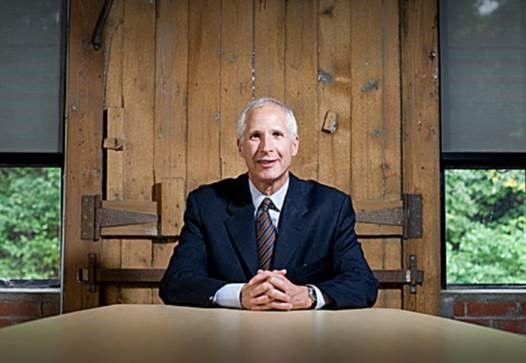
There is a rapidly growing demographic of people coming to the end of their business careers and are looking to do more. Many are individuals who have built a company and now have either recently sold that company or are thinking about selling that company. Typically, much of these individuals’ identities were connected to their businesses. Now they are faced with the daunting prospect of “what’s next”.

